Now 50% Off for a Limited Time
50% Off – Sale Ends Tomorrow
50% Off – Sale Ends Tonight
Practical Strategies For Working With a Client’s Feelings of Worthlessness
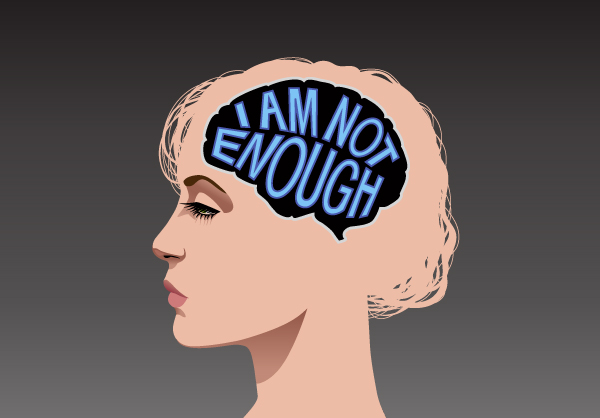
To help clients shift out of these painful core beliefs, we need to:
- know why the ruminating brain embellishes feelings of self-contempt
- understand the specific biological factors that fuel inadequacy
- understand how self-criticism exerts an enduring influence on a person’s breathing, posture, and movement patterns
- address the one overlooked fear that directly links feelings of “never good enough” to depression
So we asked 17 of the top experts in the field how they work with feelings of inadequacy. This is the result.
Working With Core Beliefs of “Never Good Enough”

Three Tools to Help Clients Reverse a Sense of Worthlessness
Marsha Linehan, PhD Kelly McGonigal, PhD Ron Siegel, PsyD
- One assessment that can shift a client’s feelings of inner deficiency
- How to identify where the client is inviting others’ judgment (and how to help them see it)

A Brain-Based Approach to Working With Implicit Memories of Inadequacy
Pat Ogden, PhD Kelly McGonigal, PhD
- How to reprocess the formative memories that create a core inadequacy
- How to overwrite the imprint of a client’s early childhood experiences

How to Help Clients Internalize Positive Experiences
Rick Hanson, PhD Ron Siegel, PsyD
Kelly McGonigal, PhD Bill O’Hanlon, LMFT
- The 2 essential elements that result in a healthy sense of worth
- One strategy that can help clients doubt their self-doubts

How to Help Shift the Self-Critical Mind
Linda Graham, LMFT Bill O’Hanlon, LMFT
- Why feelings of inadequacy may inhibit neuroplasticity
- One important thing a client has to believe before their thinking will shift

How to Resource Clients Against Toxic Self-Judgment
Shelly Harrell, PhD Kelly McGonigal, PhD
- Why connecting a client to their values is ineffectual unless you follow it with this step
- One practical method that helps clients cultivate a sense of dignity
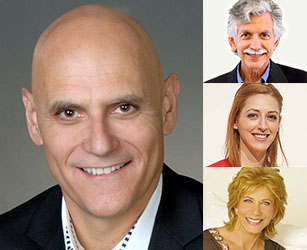
How to Help Clients Heal From Deeply-Internalized Judgment
Steven Hayes, PhD Ron Siegel, PsyD
Kelly McGonigal, PhD Joan Borysenko, PhD
- One crucial part of our cognition that makes us prone to self-judgment
- The one change of perspective that reframes a client’s critical thoughts
- Why you shouldn’t try to disprove early feelings of inadequacy
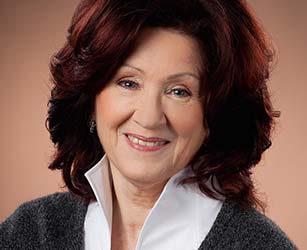
How to Repair an Attachment History That Fosters Self-Loathing
Sue Johnson, EdD
- How to minimize the client’s risk when they confront the root of their self-contempt
- Why we need to help clients clarify their “I’m defective” message

One Life-Changing Antidote for a Root Sense of Unworthiness
Joan Borysenko, PhD Kelly McGonigal, PhD
- How to help clients detach from “worthless worm syndrome”
- One selfless act that can reverse pervasive feelings of “never good enough”

How to Approach Unrealistic Expectations of Perfection
Michael Yapko, PhD Ron Siegel, PsyD
Kelly McGonigal, PhD Joan Borysenko, PhD
- How to help clients shift toward being effective over being right
- How to help clients develop immunity from others’ approval (and disapproval)
Register Here for $197 $97
You’ll get all of the video & audio recordings (so you can listen and watch whenever you want),
as well as the transcripts and learning tools
Up to 4 CE/CME Credits or Clock Hours are available for purchase at checkout.
Click HERE to get information about CE/CME credits and clock hours as well as speaker disclosures
“I love the way Kelly McGonigal . . . makes a new conclusion out of things you wouldn’t have put together before.”
— Cindy Bell, LICSW —

For This Short Course on Working With Core Beliefs of “Never Good Enough”, We Brought Together Some of the Top Experts in the Field

Marsha Linehan, PhD
Creator of Dialectical Behavior Therapy (DBT); Professor of Psychology, Adjunct Professor of Psychiatry and Behavioral Sciences at the University of Washington and Director of the Behavioral Research and Therapy Clinics.
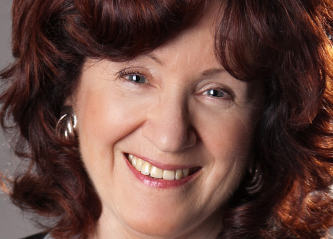
Sue Johnson, EdD
Creator of Emotionally Focused Therapy (EFT); Founder and Director of the International Centre for Excellence in Emotionally Focused Therapy.
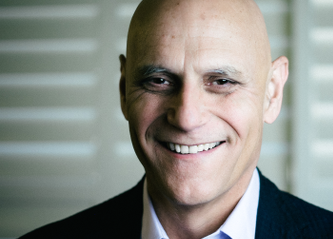
Steven Hayes, PhD
Creator of Acceptance and Commitment Therapy (ACT); Nevada Foundation Professor at the Department of Psychology at the University of Nevada, Reno.

Pat Ogden, PhD
Pioneer in Somatic Psychology; Founder and Director of Sensorimotor Psychotherapy Institute (SPI); Co-founder of the Hakomi Institute; Author of Sensorimotor Psychotherapy: Interventions for Trauma and Attachment.

Shelly Harrell, PhD
Licensed psychologist specializing in multicultural and community psychology; Professor of Psychology in the Graduate School of Education at Pepperdine University.

Rick Hanson, PhD
Senior Fellow of the Greater Good Science Center at UC Berkeley; New York Times bestselling author of Hardwiring Happiness and Buddha’s Brain.

Joan Borysenko, PhD
Founder of Mind/Body Health Sciences LLC; Author of New York Times Bestseller Minding the Body, Mending the Mind.
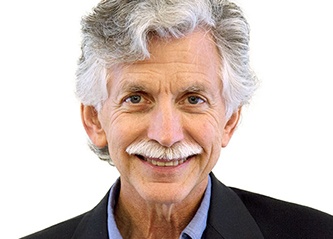
Ron Siegel, PsyD
Assistant Professor of Psychology, part time, Harvard Medical School; Author of The Mindfulness Solution: Everyday Practices for Everyday Problems and Sitting Together: Essential Skills for Mindfulness-Based Psychotherapy.

Kelly McGonigal, PhD
Health psychologist and lecturer at Stanford University; Author of The Upside of Stress: Why Stress Is Good for You and How to Get Good At It and The Willpower Instinct: How Self-Control Works, Why It Matters, and What You Can Do to Get More of It.

Bill O’Hanlon, LMFT
Co-developer of Solution-Oriented Therapy; Psychotherapist, speaker, and author of Do One Thing Different: Ten Simple Ways to Change Your Life.
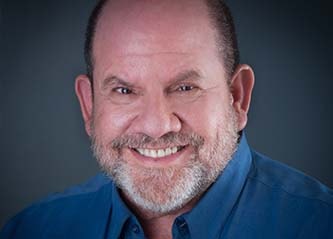
Stan Tatkin, PsyD, MFT
Founder of the PACT Training Institute and developer of a Psychobiological Approach to Couple Therapy (PACT).
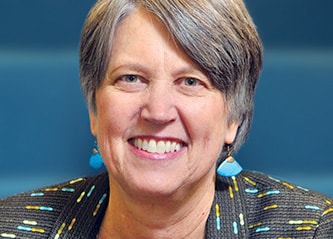
Christine Padesky, PhD
Co-founder of the Center for Cognitive Therapy in Huntington Beach, California; Co-creator of Strengths-Based CBT; Co-author of Mind Over Mood and Collaborative Case Conceptualization.
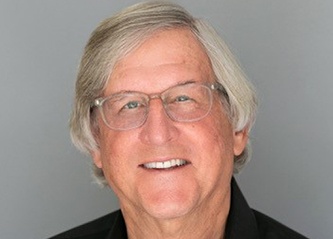
Michael Yapko, PhD
Leading expert in clinical hypnosis and treating depression; Clinical psychologist and author of 15 books including his newest books, The Discriminating Therapist and Keys to Unlocking Depression.

Linda Graham, MFT
Author of Bouncing Back: Rewiring Your Brain for Maximum Resilience and Well-Being; Seasoned clinician and life coach.
Here's What You'll Get:
Everything is yours to keep forever in your professional library
|
|
Downloadable videos so you can watch at your convenience, on any device |
|
|
Audio recordings you can download and listen to at home, in the car, at the gym or wherever you like |
|
|
Professionally-formatted transcripts of the sessions, to make review and action simple |
|
|
Three downloadable bonus videos to help you work more effectively with feelings of “never good enough” |
Get 3 Bonuses That Give You Even More Strategies for Working With Feelings of “Never Good Enough”

Bonus 1
How Social Prejudice Can Reinforce Impostor Syndrome
Shelly Harrell, PhD Kelly McGonigal, PhD Ron Siegel, PsyD
- The destabilizing forces that contribute to a core sense of worthlessness
- How to work with the internalized judgment that perpetuates Impostor Syndrome

Bonus 2
How to Break the “Never Good Enough” Cycle In Relationships
Stan Tatkin, PsyD, MFT Ron Siegel, PsyD
- One powerful strategy that can help your client break away from reenacting their past relationships in their current one
- How to work with insecure clients who unknowingly damage their relationship

Bonus 3
One Way a CBT Practitioner Works With Negative Core Beliefs
Christine Padesky, PhD Kelly McGonigal, PhD
- The 3 levels of negative belief (and how to work with the 3rd, most difficult one)
- When you should avoid working with a client’s core beliefs
Register Here for $197 $97
You’ll get all of the video & audio recordings (so you can listen and watch whenever you want),
as well as the transcripts and learning tools
Up to 4 CE/CME Credits or Clock Hours are available for purchase at checkout.
Click HERE to get information about CE/CME credits and clock hours as well as speaker disclosures
Starting Today, This Program Can Change the Way You Practice

Steven Hayes’s message. . . gave me a very new and powerful gift that I can’t wait to use with my clients.
“I am so happy that we are working on this topic. I am very much a “never good enough” person, and Steven Hayes’s message truly touched the inner hurt in me, and gave me a very new and powerful gift that I can’t wait to use with my clients.”
Brent Schrader, Social Worker
Farmington, NM

. . . I feel so fortunate to have this access to brain power, experience and research synthesis . . .
“When I listen to the experts talk openly about their experience, I feel so fortunate to have this access to brain power, experience and research synthesis on cutting edge issues! I go back to the videos to reinforce things that will assist my clients.”
Mary Logan, Counselor
Ipswich, MA

. . . some dare to go the extra journey to research and educate
“These NICABM series keep me afloat, in touch, on track, well trained in my field, and more personally healthy. The best aspect, though, is that I feel validated and comforted knowing that some dare to go the extra journey to research and educate, so I can walk the path to health, and can share with others.”
Mary Corsello-Vilcheck, LCSW
Midlothian, VA
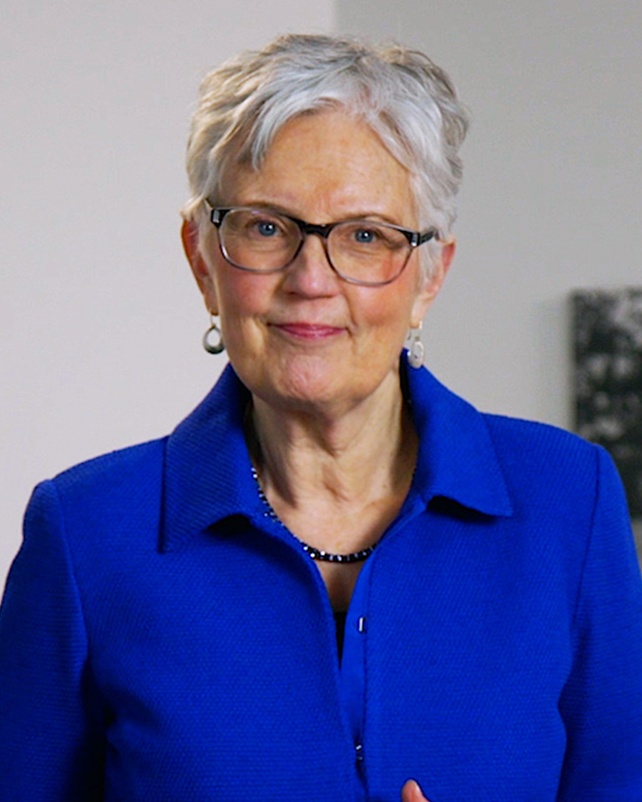
Course Director
Ruth Buczynski, PhD
Why the Transcript Is Essential:
- The transcript makes it easy to go back and double check concepts, citations and names that are mentioned
- We put in a table of contents to make it easy for you to find the exact part of the webinar you need
- Having the concepts already written allows you to take notes on how you’re going to use the ideas rather than transcribing the ideas
- Some people simply learn better by reading than by listening or watching
- You will be able to print out and share techniques presented in the session with your patients

“I really liked being able to follow along with the transcripts as I listened…it was nice not to feel like I had to take notes. I really feel like I remember more when I both hear and see at the same time.”
Mary Ellen McNaughton, Masters in Counseling, Psychology Counselor
Kelowna, British Colombia, Canada
You Are Protected By
NICABM’s Money-Back Guarantee
We invite you to register for this training program without any risk. Unless you are completely satisfied, we will refund your money. Just let us know within 30 days from the date of registration. We are that confident that you will find this information to be more than you expected.
Register Here for $197 $97
You’ll get all of the video & audio recordings (so you can listen and watch whenever you want),
as well as the transcripts and learning tools
Up to 4 CE/CME Credits or Clock Hours are available for purchase at checkout.
Click HERE to get information about CE/CME credits and clock hours as well as speaker disclosures

